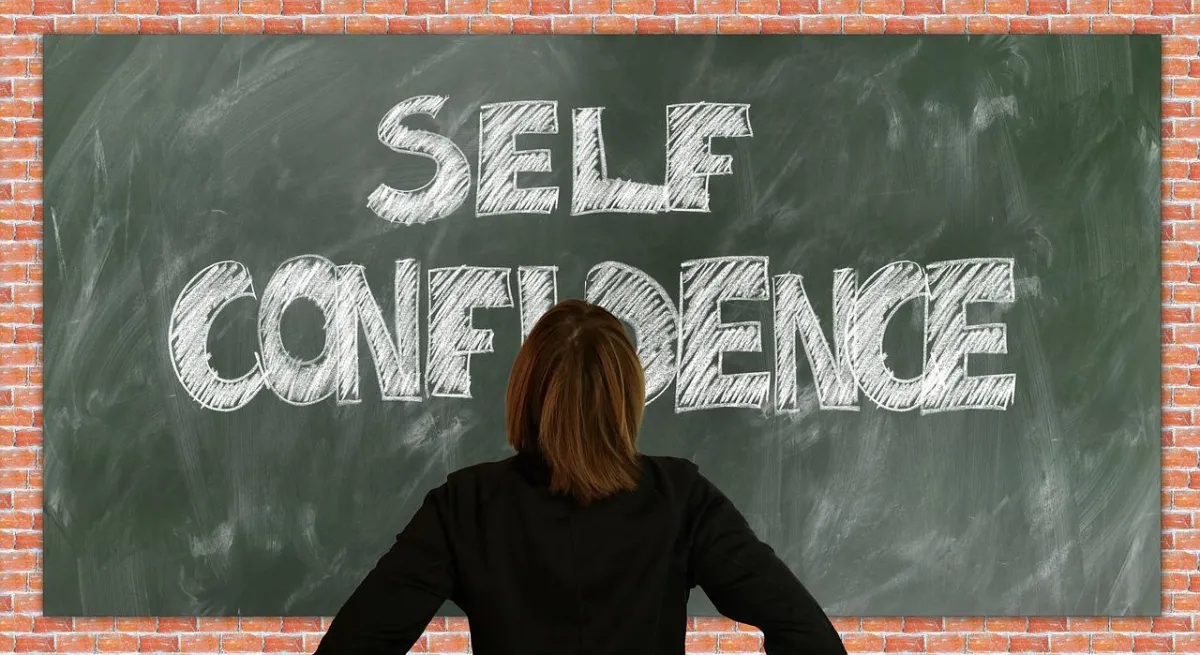Blog

Cultivating Authentic Confidence: A Guide to Balancing Self-Love and Vulnerability
In today’s world, confidence is often seen as a strong, unwavering belief in oneself. Many assume it means never doubting yourself and always being sure of your actions. But authentic confidence is deeper and more nuanced. It’s about balancing your strengths with your vulnerabilities and genuinely accepting yourself, flaws and all.
What is Authentic Confidence?
Authentic confidence isn’t just about feeling good; it’s about understanding the difference between humility and self-deprecation, as well as confidence and arrogance. It means being true to who you are and recognizing your worth, without relying on external validation. Embracing this kind of confidence can be both transformative and contagious.
Humility vs. Self-Deprecation: True humility means celebrating your achievements and knowing your worth, while also being aware of your limits. It’s about being open to feedback and learning from others without feeling threatened. Self-deprecation, on the other hand, is when you put yourself down or downplay your successes, often to avoid seeming arrogant or to seek approval from others. We often learn this behavior from people around us who might criticize themselves or us.
Confidence vs. Arrogance: Real confidence comes from knowing and being comfortable with who you are, while still being open to growth and learning. Arrogance, however, is when someone acts like they’re better than others or dismisses them. It usually covers up deeper insecurities and seeks constant validation from others. Just like self-deprecation, arrogance can be learned from environments where showing vulnerability isn’t safe.
The Impact of an Unsafe Environment
An unsafe environment can undermine authentic confidence, leading to self-doubt and defensiveness. In communication and relationships, this manifests as difficulty expressing needs and setting boundaries, avoiding honest conversations out of fear, and resulting in misunderstandings and unmet needs. Over time, this pattern erodes trust and intimacy, further diminishing confidence and security in interactions.
Actionable Steps for Developing Authentic Confidence:
The good news is that authentic confidence can be nurtured through the right habits and surroundings. So, where should you start?
1. Create a Safe Space: Find or build an environment where you feel comfortable expressing yourself and being vulnerable. This safe space helps you explore your strengths and fears without judgment, supporting your growth and self-acceptance.
2. Reflect on Your Strengths: Take time to recognize what you’re good at and celebrate your achievements. This practice helps build your self-confidence and acknowledges your progress.
3. Be Open About Vulnerabilities: Share your fears and insecurities with trusted people. Opening up can deepen connections and help you feel more supported.
4. Celebrate Others: Support and cheer on the successes of people around you. Recognizing their achievements can strengthen your relationships and enhance your own sense of self-worth.
5. Challenge Societal Pressures: Don’t feel pressured to fit into rigid societal expectations. This includes things like what you wear, how extroverted you are, etc. Embrace who you are and express yourself authentically, allowing yourself to grow and connect more deeply.
6. Practice Self-Compassion: Treat yourself with kindness. Learn from mistakes without being harsh on yourself and use setbacks as chances to grow. Treat yourself with the same kindness and empathy you show towards the people you care about.
In the end, true authentic confidence comes from understanding that we are all beautifully flawed human beings. It’s about acknowledging that while you are not better than anyone else, you are also not worse. Embracing this perspective allows you to accept yourself fully, appreciate your unique qualities, and connect more deeply with others. By finding a balance between self-love and self-reflection, you can cultivate a confidence that is both genuine and empowering.

